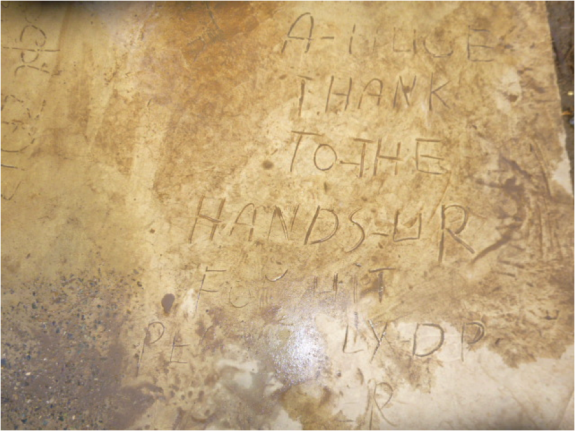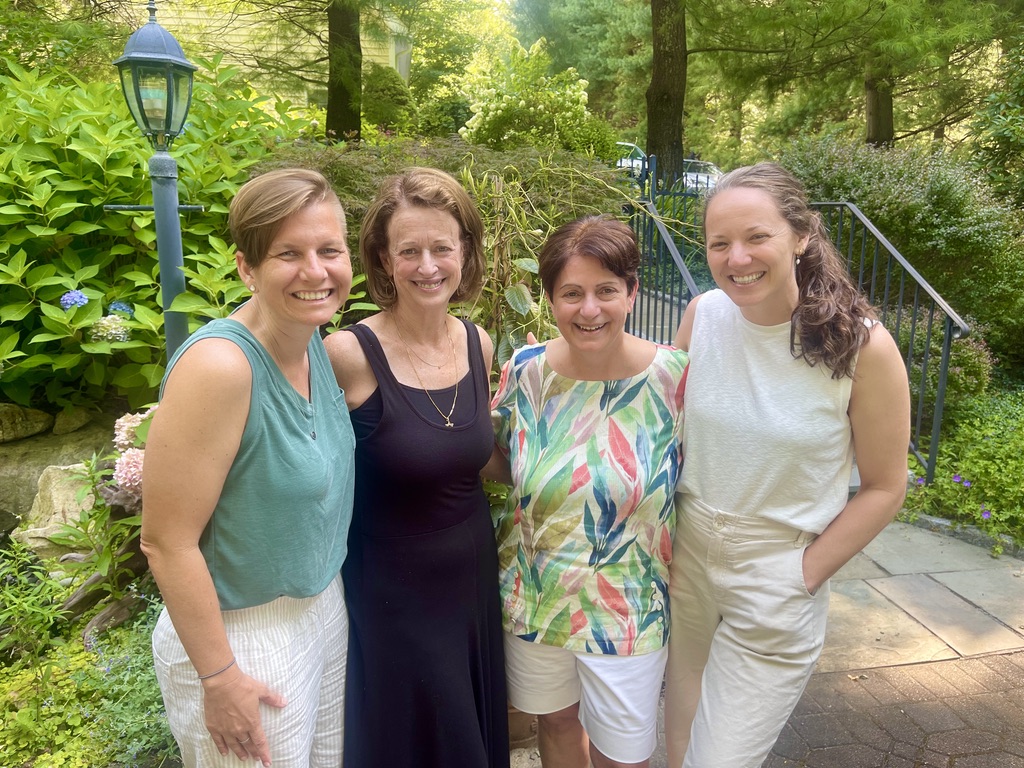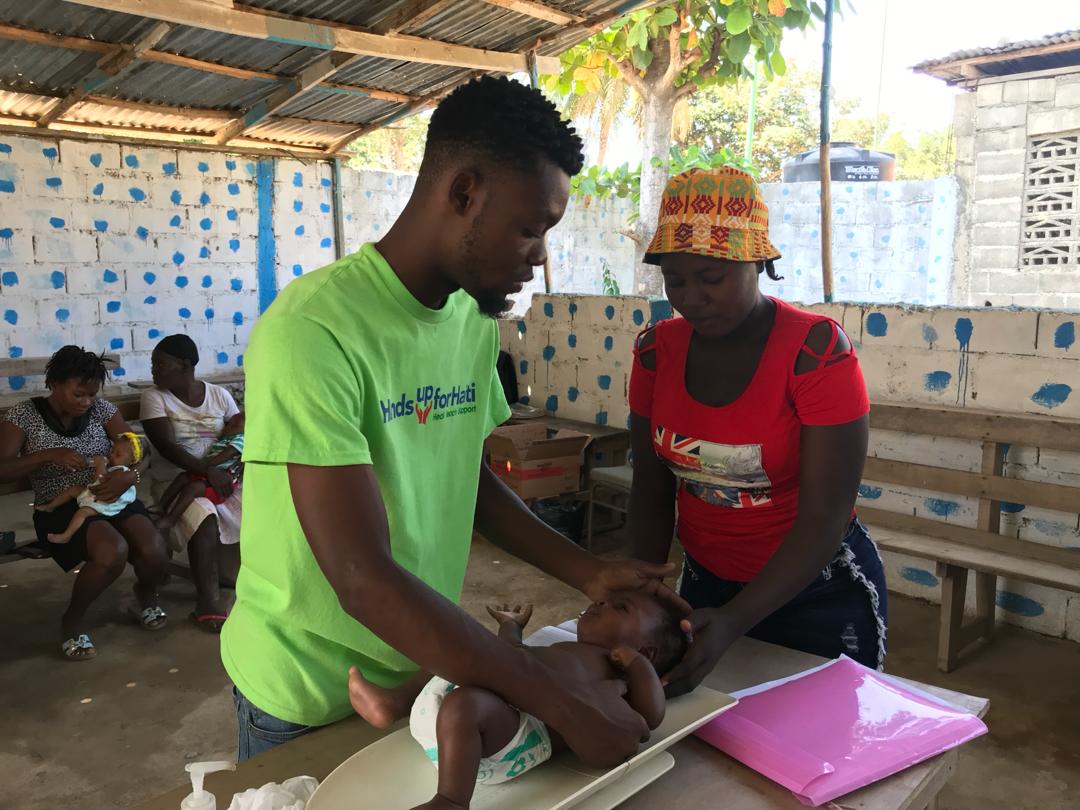By Jill Ratner
Every team that has gone to Haiti has witnessed that so much of the disease that we treat would be prevented by basic services that are so available in the developed world that we take them for granted. Availability of clean water is just something that people in Haiti, like most of the population of the world, do not have access to on an every day basis. The consequence is living on the edge of dehydration constantly, drinking sugary drinks since water is not clean, bathing in areas where animals and humans may dispose of waste and garbage and using water sources that are riddled with bacteria and parasites. Children are particularly vulnerable to these plagues that rob them of good health, ability to grow into robust adults, and interfere with intellectual growth.
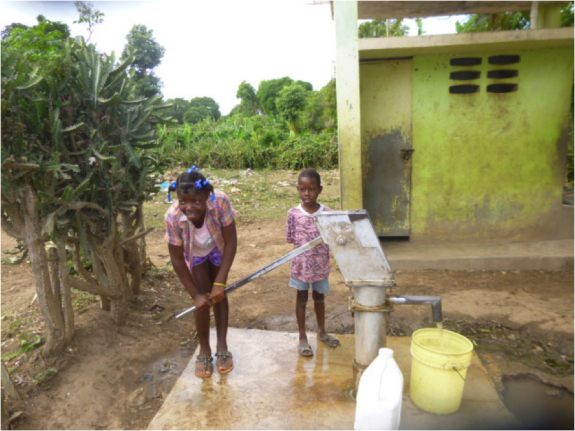
When Doctor Eugene Maklin sent us an email with a list of locations he and Dr. Jasmin, the Minister of Health had identified as communities in dire need of community wells, Hands Up for Haiti saw this as an opportunity to support this effort and in a concrete way, improve water access to communities where we work and support health care. Although we are not engineers, we recognize that water is essential to good health, and thus, the ability to collaborate with this effort was the kind of investment that would give a great return in terms of decreasing illness.
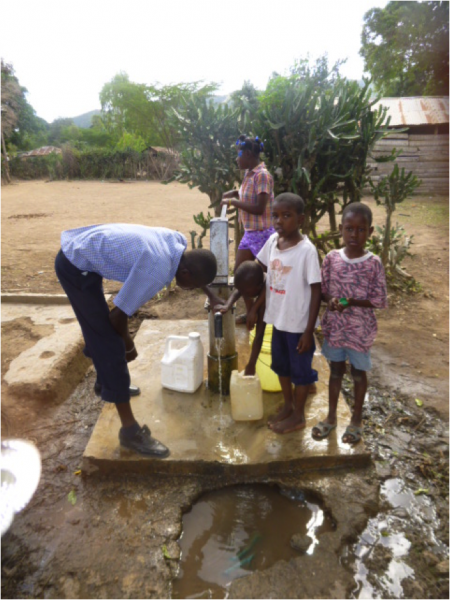
Each well serves between 2000-5000 people. In the spring of 2013 we were able to finance a well in the community of Labeline, near Limonade and Bwa de Lance. This winter we are coordinating with the Northeast Rotary Club to finance the building of a second well.
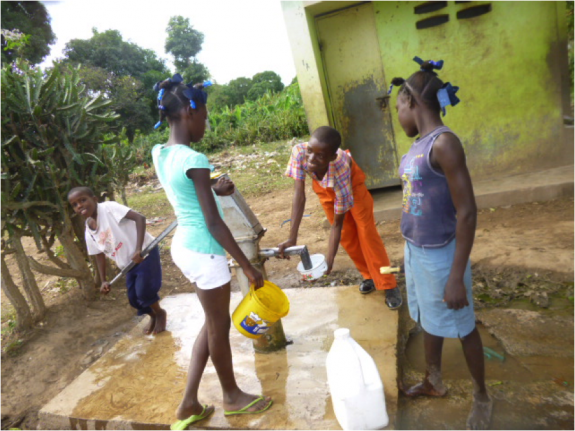
Each well serves families that previously had to walk May miles for clean water. Each well is a guarantee of healthier children, and families whose lives are made easier and safer through access to clean water.
